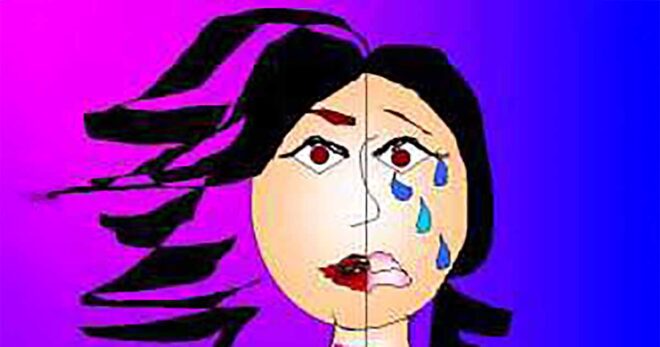
Yesterday, I read the story of a certain woman in a serialized article from the Kyoto Shimbun, and it made me think deeply. The article was written based on an interview at Iwakura Hospital in Kyoto. This Iwakura Hospital is what is commonly referred to as a psychiatric hospital.
The Life of a Depressed Patient
A former nurse (male) who had retired from this hospital received a letter of consultation from a female patient. This became the starting point of their relationship, and eventually, they began living together.
The woman suffers from depression, and when they go out, the two hold hands tightly. Without doing so, she might impulsively jump in front of an oncoming car to commit suicide. This woman believes, “There’s no point in me being alive; I’m a worthless person.“
Eventually, the woman was diagnosed with cancer. Since she firmly believed that there was no point in trying hard to live, she refused all treatments. He couldn’t bring himself to say, “Please get treated.” For people with depression, the most important thing is to accept everything about them. Denying their will and forcing them to do something only worsens their condition, causes them more suffering, and makes them even more resistant to treatment. A general practitioner, unaware of this, said dismissively, “Right now, the symptoms of depression don’t matter.” As a result, she completely stopped going to the hospital.
“You are important to me. Please, I want you to live.” His desperate feelings reached her, and she once decided to undergo treatment. However, she couldn’t endure the side effects of chemotherapy long enough to continue living, and her efforts did not last. Eventually, it was too late for anything to be done, and the place she chose as her final refuge was not a general hospital, but the “familiar” Iwakura Hospital.
While she was hospitalized at Iwakura Hospital for depression treatment, she recovered to the point where she was approved for discharge. However, her family refused to take her back, leaving her no choice but to remain at the hospital. It is difficult for a “former psychiatric patient” with no support system to live alone in this society. Without her encounter with this man, she likely would have been unable to reintegrate into society, even for a short time after discharge, and would have quietly spent the rest of her life in the hospital.
In the end, the woman passed away peacefully, surrounded by her long-estranged family member who finally came to see her and her loving partner. He said, “I can never forget her smile when she was feeling well. I was happy.“
“I Want You to Die Soon”

In fact, cases like this woman’s, where a patient recovers enough to be discharged but continues to stay hospitalized because their family refuses to take them back—referred to as “social hospitalization”—are reportedly very common in psychiatric care within Japan. In one instance, hospital staff sent a letter to inform the family of another female patient that she was approved for discharge. A response came addressed to the patient, but when she read it, she began to cry. Upon checking, the letter reportedly said, “I want you to die soon.”
It is said that there are many “patients” at Iwakura Hospital who have been living there for decades (!). Every year, some elderly residents pass away. Even if their condition worsens, most general hospitals refuse their transfer, citing unwillingness to accept them. For many, their mental illness was completely cured 10 or 20 years ago, yet due to discrimination, they remain isolated from society and confined to the hospital. And still, just because they are transferring from a psychiatric hospital, their treatment is rejected. Even when they contract ordinary illnesses, they cannot receive treatment at general hospitals! Why must former psychiatric patients endure such inhumane treatment simply because of their history? Just hearing about this makes my blood boil.
When the patient’s condition became critical, the hospital staff repeatedly contacted the family by letter and phone, pleading, “At least come to see them one last time.” Even so, the relatives did not come. Eventually, the patient passed away, and the staff held the funeral by themselves. They sent a letter recounting memories of the patient along with a photo to the family. In response, they received a reply from the family: “I only met her during her youth, but looking at the photo, I felt a surge of nostalgia. I regret not visiting her even once.” After reading this, the staff realized that the family, too, had been struggling with their own inner conflicts.
What Does “Crazy” Mean?!
When I was a child, it was common for everyone—adults, children, even schoolteachers—to refer to a hospital with a psychiatric ward as a “crazy hospital.” It wasn’t seen as a place for treating illness but rather as a facility for confining people with mental illnesses and isolating them from society. Among children, it was normal to hurl insults like, “You belong in a crazy hospital,” or “Why don’t you get yourself admitted to a crazy hospital?”
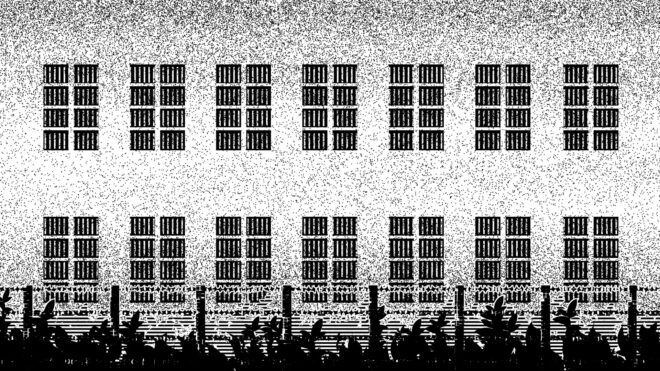
Moreover, there was a rumor about an ambulance specifically for picking up “crazy people,” and it was said to be a “yellow ambulance,” different from regular ones. Many children truly believed this rumor. Thinking back, it likely originated from the term “Ki-marked” (a derogatory label), and it was an extremely cruel form of discrimination. Yet, children would mimic the ambulance siren and shout, “They’re coming to pick you up!” Adults did nothing to stop this, nor did anyone think there was a problem with it.
I, too, had a close friend jokingly ask me, “Isn’t your dad at ○○ Hospital?” referring to a nearby hospital. When I didn’t understand what they meant and gave a confused look, they laughed and said, “You idiot, don’t you know? ○○ Hospital is actually a crazy hospital.” They said it with a smile.
I remembered the hospital, oddly located in the mountains away from nearby homes, and thought, “Oh, I see,” without any special feelings about it. But I often played along with such “jokes” from friends and even responded with “You’re the one who belongs there.” Looking back, I was equally guilty.
It may sound like an excuse, but this was the “normal” reality in Japan until quite recently! To add to this, many people in the past also mistakenly believed that epilepsy was a type of mental illness. Given this situation, it’s no surprise that my parents tried to hide the fact that I was an epilepsy patient.
So, what kind of people did we imagine when we used the word “crazy”? Most of us thought they were people who “laughed foolishly all day,” shouted things like “I am God!” or “suddenly stabbed someone with a knife for no reason.” These were the stereotypical images we held.
People believed that inside psychiatric hospitals, there were many such individuals locked up behind iron bars in a gloomy, oppressive space, and that it was only natural to confine them there. The image was similar to that of a prison. Because of this, rumors like “There’s a crazy person in the family,” or “Is your dad one of those crazy people?” could become devastating. Comments such as “There’s someone in that family who’s been admitted to a psychiatric hospital” were said as if mental illness was hereditary or contagious, and such rumors could even “affect marriage prospects.”
By the way, was this perception simply “general misunderstanding and ignorance,” while professional medical settings in Japan provided appropriate treatment befitting a civilized country?
Unfortunately, that doesn’t seem to be the case. According to the annual report of Iwakura Hospital mentioned in the article above, traditional psychiatric treatment has historically been centered around “confinement and isolation.” It reflects on how such “treatment” robbed patients of their youth and even their lives, and acknowledges that psychiatry in Japan was not unrelated to these practices.
At Kyoto Iwakura Hospital, efforts are being made to move away from isolating patients, such as opening up the wards to the community and maintaining an open environment for treatment. Nevertheless, as highlighted in the article mentioned above, in other regions, patients’ youth and lives continue to be taken away even today, leaving them to believe, “You are a worthless person who is not needed by society.”
The Same Structure as Discrimination Against Leprosy
But doesn’t this sound like something we’ve heard about recently? That’s right—it’s the exact same structure as the discrimination against leprosy patients. It wasn’t until 2009, when the Japanese government lost a lawsuit filed by patients, that a revised law was enacted. Until then, patients were isolated, and forced abortions and sterilizations were legal. Leprosy patients had their lives and youth taken away, were abandoned by family, relatives, and friends (even if there were internal conflicts), and quietly passed away in sanatoriums as “unnecessary people in society.” The fact that such practices continued into the 21st century was shocking. I am deeply ashamed that the Japanese government fought the patients’ lawsuit until a verdict was reached.
When the trial was reported, what I felt most ashamed of was that we were unaware of this horrific reality. And even now, the same kind of treatment that leprosy patients once endured is being repeated across Japan for many people with mental illnesses. Isn’t this truly shocking?
Of course, I can’t pretend everything is simple and ideal. Even loving couples had to walk hand in hand constantly to prevent her from committing suicide. It’s easy to imagine how emotionally draining it must be to live with someone who has suicidal tendencies. However, such “difficulty in caregiving” is not exclusive to mental illness; the same challenges exist with other illnesses as well. This does not justify singling out mental illness for special treatment.
For example, if your own parent developed Alzheimer’s, would you go out of your way to hide it from others? And would someone in your neighborhood spread heartless rumors about how caring for a parent with Alzheimer’s could “affect marriage prospects”? Would it be acceptable to tell the hospitalized patient themselves, “Just die already” or “Never come out of the facility again”?
After all, celebrities have even published records of caring for their mothers. In fact, they are often met with sympathy or even respect. Yet, the discrimination faced by ordinary people with mental illnesses persists. This is no different from the prejudice and discrimination faced by leprosy patients.
If this discrimination against people with mental illnesses were to disappear, and if medical settings were to improve, they could receive treatment more routinely. They wouldn’t have to lose their youth or their lives, could live normally within their families and communities, work according to their abilities, maintain ties with their loved ones, and live as human beings.
Certainly, the situation is improving little by little. Mental health issues are now less frequently lumped together under the label of “mental illness,” and conditions such as “depression” and “schizophrenia” are more commonly referred to by their specific names. This is an important step forward. It has also become more widely understood that these illnesses are not extraordinary, that patients are not inherently dangerous, and that anyone could develop such conditions. Public awareness campaigns, including TV commercials, are also being aired.
The profession of “counselor” has also gained social recognition. In the past, just the revelation that someone was “seeing a counselor” could lead to remarks like, “What? Does that guy have a bit of craziness in him?” and even affect their career prospects. But now, counselors are being dispatched to or stationed at schools and companies, marking a significant shift in society.
However, it’s embarrassing to admit that these changes have only started to emerge in the past few years. Mental illness is not something limited to “special people” but a condition that anyone can experience. In fact, in today’s society, there is a large population at risk, and this reality is only now starting to surface. Alternatively, it could be said that the problem has become so severe that even those in power can no longer ignore it.
What is critically important to remember is that, to get to this point, countless people have engaged in tireless, and often “blood-soaked,” struggles for self-liberation—especially those with mental illnesses—and fought against social discrimination throughout history. It is only through these seemingly endless and arduous battles, and the foundation they have built, that the progress we see today has been made possible. Keeping this in mind, we cannot tolerate any backlash.
On “Discriminatory Language” and So-Called “Word Policing”
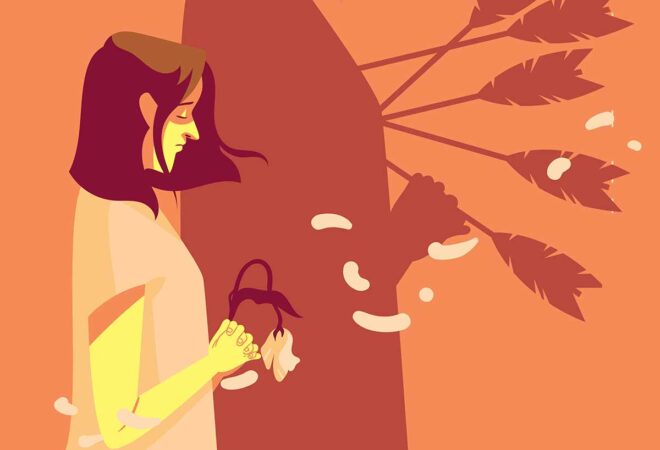
By the way, there are still people who casually use hurtful terms like “crazy person” as if it’s perfectly normal. Of course, simply erasing words or replacing them with other terms doesn’t solve the problem. Even if terms like “mentally ill” or “person with a mental disability” are used, if the speaker’s mindset remains the same and they use these words with the same prejudiced intent as “crazy person,” it has little meaning.
Superficially eliminating such words may make it easier for everyone to live freely, but words are living entities, and their meanings and nuances constantly evolve.
For example, the term “Shina”, referring to China, may not have been inherently discriminatory at first. However, in modern Japan, it became clearly established as a derogatory slur against China, as is evident from the rhetoric of those who still use it today. Conversely, terms like “baka” or “aho” (both meaning “fool” or “idiot”) may have been more offensive in the past, but over time, they have softened and are now more commonly used as “slightly crude but casual insults.”
Now, let’s take a brief detour. Condemning “words” should inherently mean condemning the social structures and mindsets that those words represent. It is about raising awareness and offering support to others. It’s about treating the illness of discrimination and helping people live more freely and lightly.
Condemnation and social annihilation are not the same. It may sound arrogant to say, “I want to save even those who discriminate from the hell of discrimination,” but this perspective is necessary, at least to some extent. This awareness must be deeply connected to the suffering and existential struggles of those whose lives have been stolen by discrimination. After all, wouldn’t anyone want to help if they saw someone collapsed on the street? And wouldn’t anyone feel at least some anger upon seeing someone being trampled on for something they’re not responsible for?
Furthermore, one must be prepared for the blade of “condemnation” to turn back on themselves. Condemning discrimination isn’t about making yourself look righteous while criticizing others. It should be something rigorous and difficult in its own way. I personally believe that the discriminator and those condemning them are equal as human beings, and that I’m not so different from them. That’s why I feel uncomfortable when someone who isn’t directly affected by discrimination takes a condescending attitude toward others. When I mentioned “arrogant” earlier, that’s what I meant.
In other words, “word policing” cannot be the end goal. Of course, even “word policing” is a thousand times better than doing nothing. Simply eliminating such words can make the world a much more livable place. The only people who will find it harder to live in such a world are those who are desperate to discriminate against others. We have no obligation to consider their “freedom to discriminate” at all.
However, if it stops at the stage of word policing, discriminatory attitudes will go underground, accumulating and festering until they erupt in ugly ways. Aren’t we already witnessing many such examples in the anonymous spaces of the internet?
The problem with “word policing” lies precisely there. It’s not that “word policing” should never be done, but that it cannot end there. Replacing or forcing the replacement of specific words can become a way for individuals to claim, “I’m not a discriminator,” as a kind of excuse. Even though only the words have changed and the underlying mindset remains the same, the issue is left unresolved.
Put another way, the harm of “word policing” is that people stop using certain words not because their underlying mindset has changed, but because they want to pretend they are not discriminators while remaining the same at heart. Worse, society as a whole often accepts this pretense as sufficient.
Criticism of “word policing” is fundamentally about pointing out the superficiality or inadequacy of anti-discrimination efforts. Therefore, the premise of such criticism is not to use discriminatory language in the first place. Simply demanding the right to “use discriminatory words” is equivalent to saying “let me discriminate,” and that is not a critique of “word policing.” That is nothing more than blatant, straightforward discrimination.
The Word “Crazy” Making a Comeback on the Internet
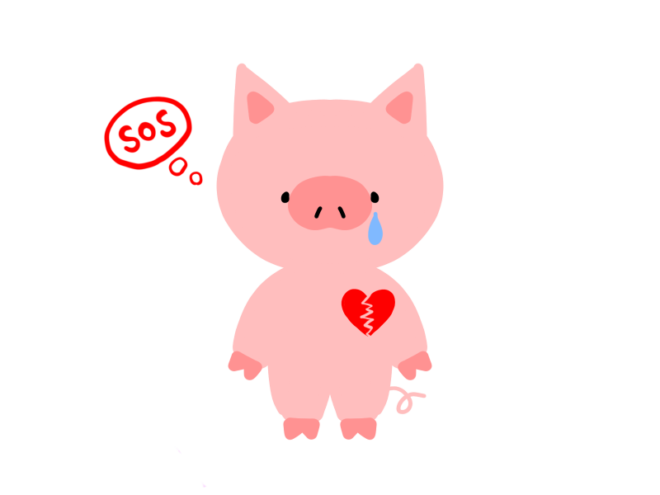
Recently, the resurgence of the term “crazy” (キチガイ) has been particularly notable. In particular, a homophone of the term, “基地外” (which literally translates to “outsider of the base”), has become a staple on the Japanese internet forum 2channel. What is even more concerning is that on 2channel, this term is frequently used as a label to discredit individuals with differing opinions. For example, phrases like “Asahi Shimbun’s crazy editorial submissions” are common. This can only be described as disgracefully vulgar behavior.
Originally, the term was frequently used by internet right-wingers, but recently it has also been seen on left-leaning forums. Even among leftists, there have been instances where criticism of discrimination appears to have been used more as a tool to attack political opponents or rival factions rather than as a means to transform society or liberate humanity (including oneself). This suggests that even within “leftist culture,” a shallow approach to discrimination issues has prevailed.
I believe that, in reality, the issue of discrimination has only just begun to be addressed even on the left. Reflecting on the history of past movements, there is still so much that needs to be considered. It’s a painful and challenging matter, filled with intense self-reflection and remorse.
The same applies to the issue of people with mental illnesses who commit actions that could be considered crimes (so-called forensic psychiatric patients). Misguided and discriminatory rhetoric that collects such cases to degrade medical care into a form of “preventive detention” is all too common. In other words, it’s an attempt to revert mental healthcare back to the era of the “crazy hospital.”
However, in reality, the crime rate among people with mental illnesses is reportedly lower than the crime rate among the general population. What this means is that if you were to randomly pick a person with a mental illness, their likelihood of committing a crime is lower than the chance that your neighbor’s brother might get arrested—or even lower than the likelihood that you yourself might commit a crime in the future. If people with mental illnesses need to be isolated, then by the same logic, you should also be isolated and thrown into prison.
Of course, there are cases where people with mental illnesses need to be monitored. However, this is usually not because they pose a threat to others, but because it’s necessary to prevent self-harm or suicide. Unfortunately, rational discussions like these are often drowned out by loud and extreme rhetoric. A society where people are constantly monitored or quickly detained under various pretexts is unacceptable. As long as someone doesn’t infringe on the rights of others, let them live as freely as possible! And when someone is in trouble, let’s help each other within our means! Even if you hold right-wing beliefs, I think you’d agree with this sentiment.
On 2channel these days, if you even suggest, “That’s a discriminatory term, so you shouldn’t use it,” you’ll be met with responses like “Spotted a leftist!” and treated as if you’re a fossil. As I mentioned earlier, this is a trend that only emerged quite recently. And yet, no matter how long you wait, right-wing discourse never seems to become more refined. Discriminatory rhetoric is nothing more than crude nonsense that exists beyond the concepts of right or left. While there might be some signs of progress, I think any serious evaluation of right-wing discourse as a whole can only begin once such nonsense is entirely eliminated.
Personally, whether on 2channel or this blog, I enjoy saying things that might irritate and draw criticism from the old-fashioned, “refined” elite left-wing circles, and I like poking fun at them. But for someone like me to be forced into a situation where I can only say something as “ultra-reasonable” and painfully ordinary as “Discrimination is wrong”? I find that rather absurd.
I Still Want to Say It!
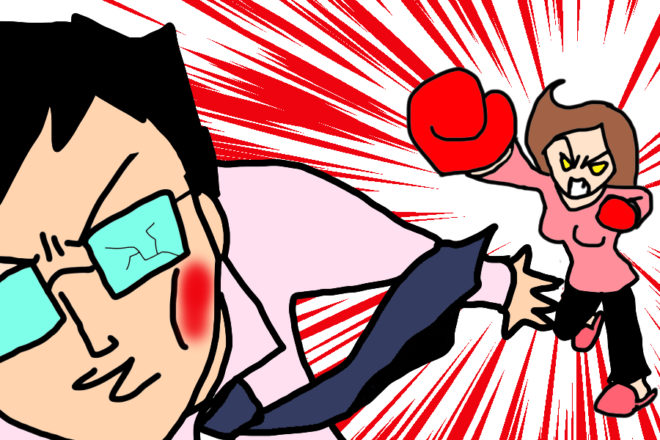
Honestly, it’s infuriating how those who discriminate are the very ones who refuse to acknowledge that they are discriminators. It’s almost a rule. In contrast, people who are aware of discrimination tend to recognize their own role in perpetuating it. It’s akin to the concept of “knowing one’s ignorance.”
Even during my childhood, when discrimination was openly rampant, we discriminators, myself included, would have all said “discrimination is wrong” if asked directly. Those who use terms like “crazy” (基地外) want to return us to that era of ignorance. In that sense, they truly deserve to be called “reactionary forces.” The unreflective and irresponsible people who argue, “What’s wrong with using these discriminatory terms?” have destroyed the lives of people with mental illnesses and leprosy through their actions.
That’s why, even if I’m criticized by other leftists, I still want to say it: “You fools!”
Reference Links
All links lead to Japanese content. Thank you for your understanding.
- Mental Illness: 1,773 Hospitalized for Over 50 Years, Longest 94 Years (Mainichi Shimbun, August 20, 2018)
- 55 Years of Hospitalization: “No Place to Go Even After Discharge”
- Longer Hospital Stays with More Beds: Urgent Need for Community-Based Living
- Kyoto Zenshin Tomo no Kai
- Tokyo Shitamachi Patient Association: Shinmatsubashi-tei Doujin
- Open Space “Machi”
(The following content includes advertisements to support the maintenance of this site.)
 |
Considering Madness (Chikuma Bunko) Used Price |
 |
Heaven and Earth: The Rebellion of the “Sick” (The Struggle of Psychiatric Patients) Used Price |
 |
Sagamihara Disability Massacre: Eugenics and Hate Crimes New Price |
 |
The K-San Revolutionary Manifesto: Life and Revolution of Psychiatric Patients Used Price |


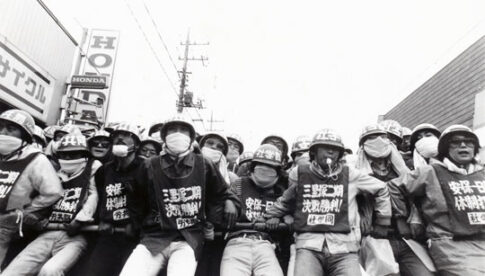
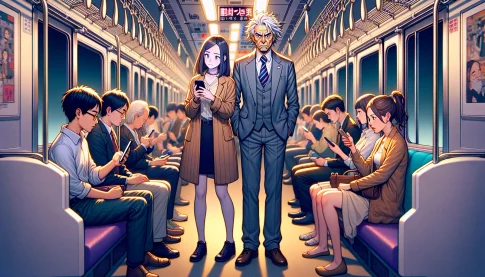




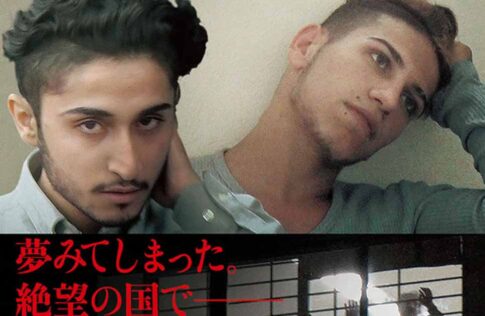
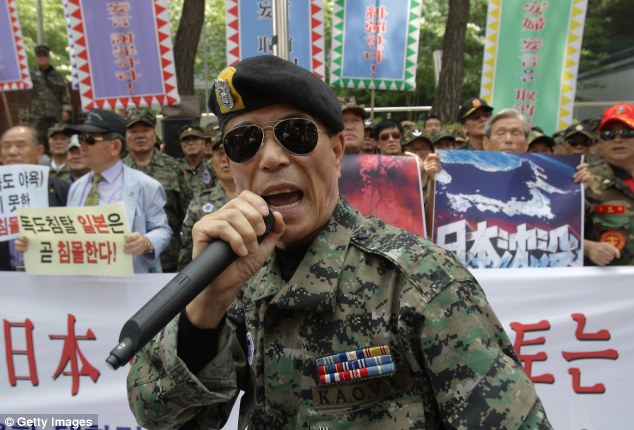

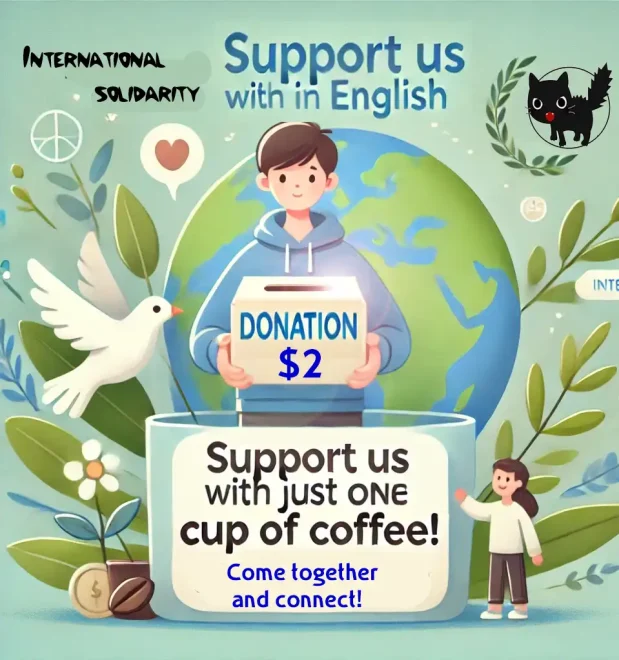 Donations are made in Japanese yen. 300 yen is approximately 2 USD.
Donations are made in Japanese yen. 300 yen is approximately 2 USD.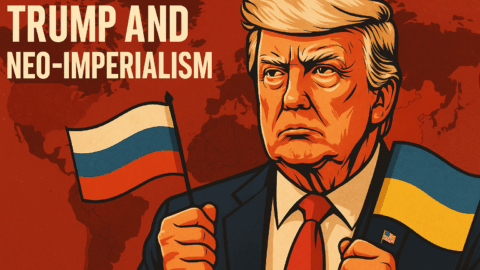
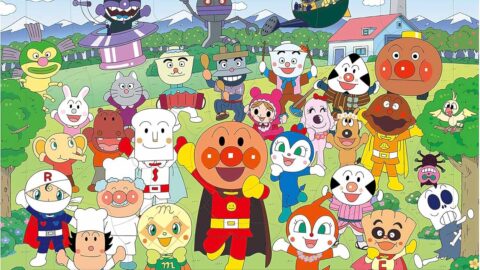
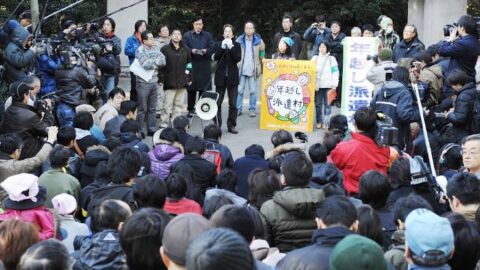
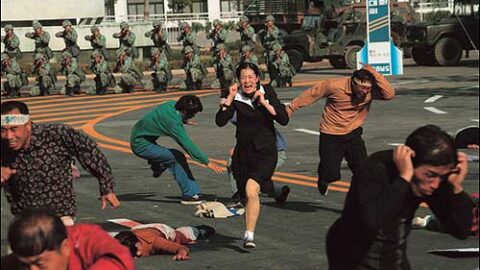
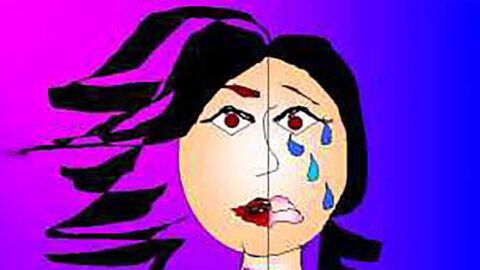
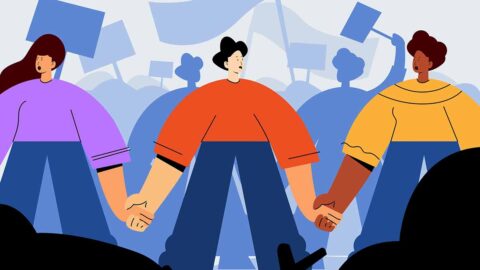
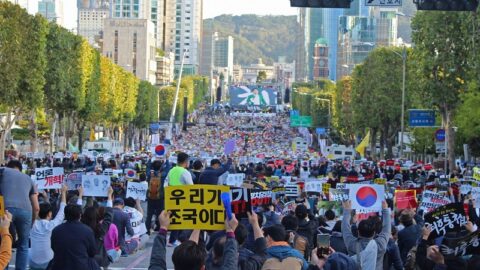
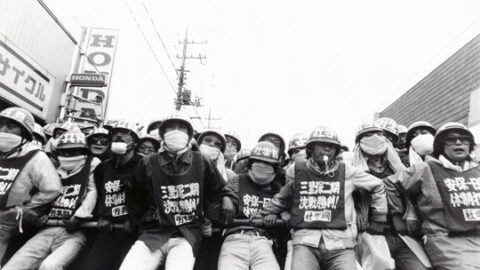





Leave a Reply